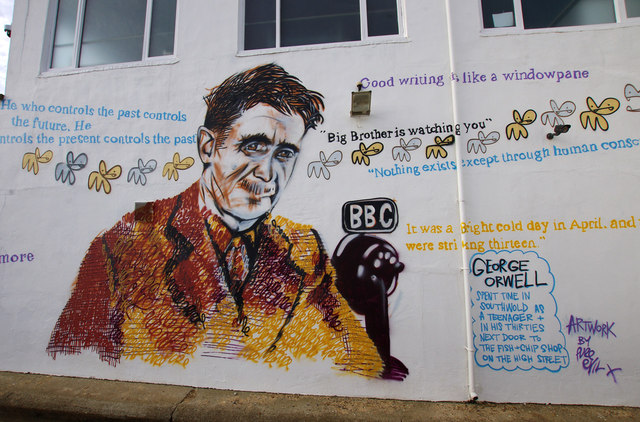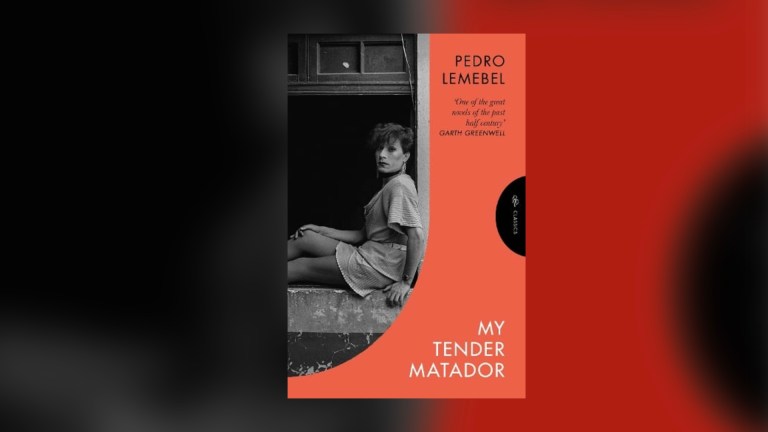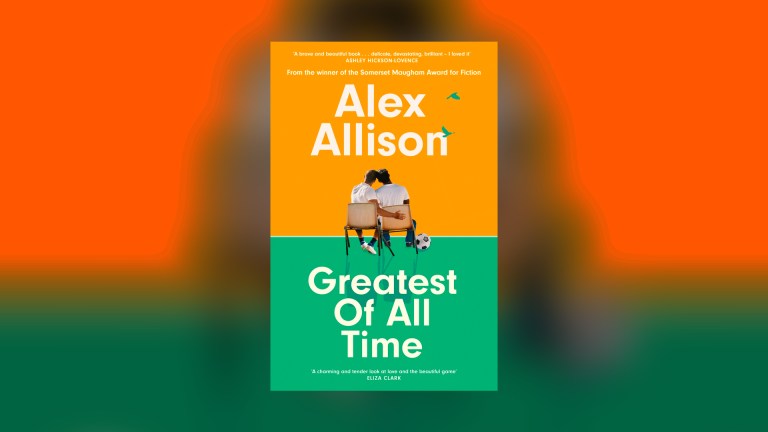As a realist, I don’t know if this performance will change anything, but anything that can help might be worthwhile because one person might change their mind. If you change a person’s mind perhaps that’s something that will change things in their social circle and the way they influence other people.
Poet, author and performer Joelle Taylor:
On numerous occasions between the ages of 16 and 32 I was categorised as someone of no fixed abode. Whilst I had a family who could have homed me I was exiled by my sexuality, by my poverty and my determination to become an artist rather than a designer in the local slipperware factory. To my family’s confusion, I wanted to work in the poetry mines instead. I began carouselling strangers’ living rooms, each bed a different step in an endless dance toward food, safety and warmth. Even at university I was without a clear place to call my own, and relied heavily on the generosity of friends and my innate ability to find the smallest and least noticeable spaces on campus to secrete myself. I made myself invisible.
My only home was my skin, and I was a squatter in that as well.
Virginia Woolf’s call for a room of one’s own never seemed achievable to me as a working class/underclass jobless, artist, and female too. My only home was my skin, and I was a squatter in that as well. But when things were really bad that body could become a home for others too, and for a night everyone was safe.
I met Orwell when I was around 13 years old. He called to me from a torn stack of books in a semi-derelict library in east Lancashire. Down and Out in Paris and London was the first of his books I met, and I quickly raged through the rest. Here was hope, passion, intelligence, confrontation and love. Here was a tenacity and a rebellious pen that I tried to take hold of myself. Here was revolution.
It was this book that began my journey into not only writing poetry and prose, but into writing my whole life. Orwell gave me the arrogance and stubbornness to succeed against the odds. When I was sleeping rough curled around a toilet bowl in my hometown I would think back to his mission in Down and Out, and reframed my misery as research. I have done this repeatedly throughout my life. I do it even now.
I’m immensely proud to be involved in this project, and to honour the writings of an artist who has done so much to honour me.
Down and Out: LIVE is on from 2-6pm on 6 June at Stone Nest, Charing Cross Road. Visitors can drop in and out and are encouraged to bring a sleeping bag to sit on and then leave for homeless charities. You can live stream it here.
It will also be screened at: Poole Central Library, Grants Hill Library, Fulwell Cross Library, Kidderminster Libraries, Idea Store Whitechapel, Jersey Library, Winchester Discovery Centre, and Glasgow Libraries.
There will be testimonies and readings from people at The Connection, YMCA and Centre-point. The project was set up by UCL, The Orwell Foundation and Libby Brodie Productions and is part of UCL Festival of Culture.
A panel discussion will follow Down and Out: Live. ‘Homelessness and Rough Sleeping in London: What are the Policy Solutions?’ will be held from 6.30pm to 8pm at the same venue.
Main image: Ian Taylor










